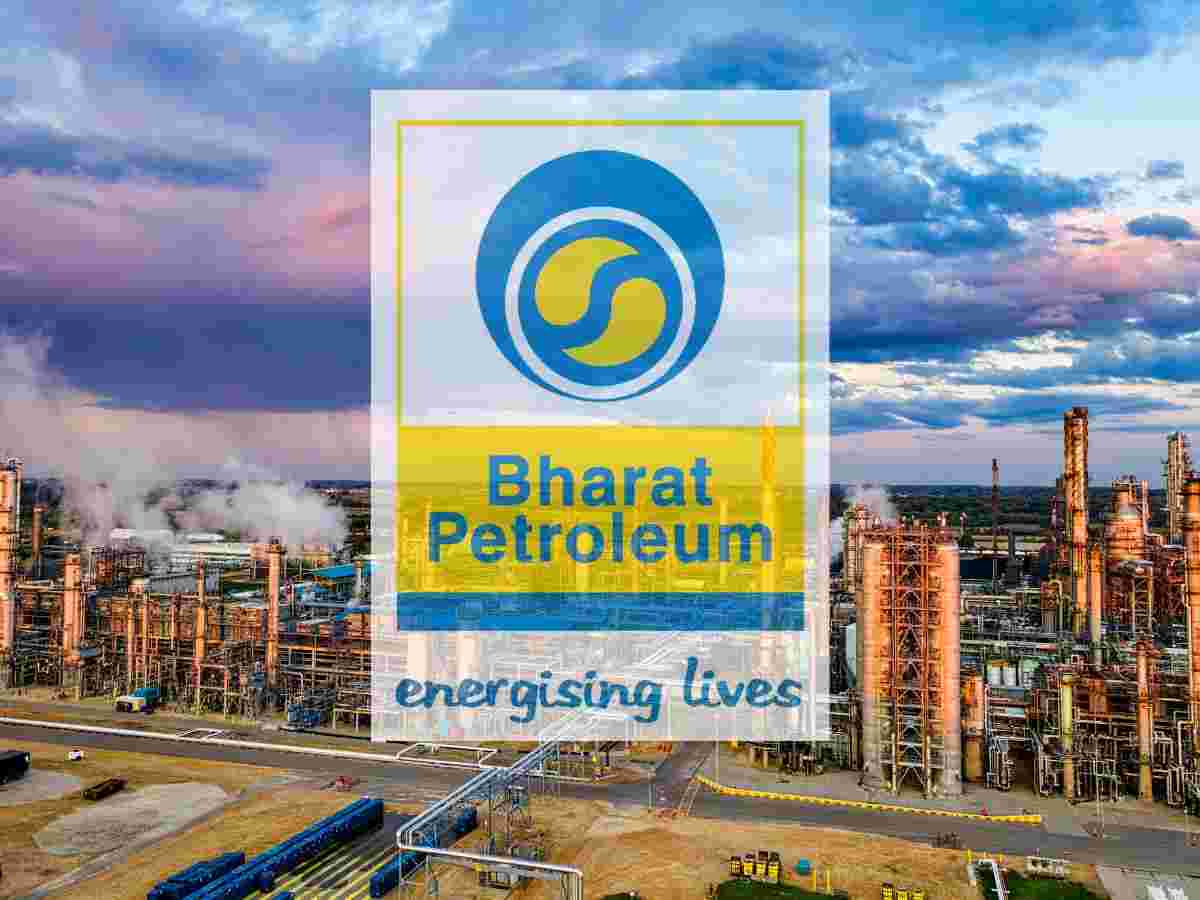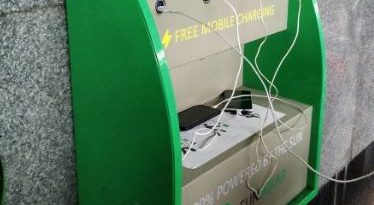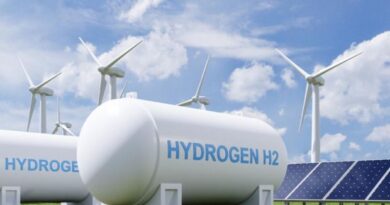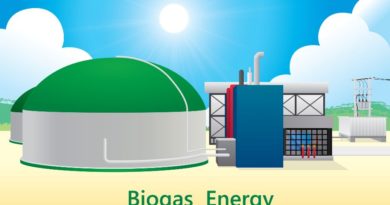Mysuru Corp, BPCL to manage city waste with Rs 66cr biogas project
The proposed biogas will handle about 200 tonnes of organic waste each day, significantly alleviating pressure on the city’s waste management infrastructure.

As Karnataka gains momentum in the direction of ‘waste to energy,’ the Mysuru City Corporation (MCC) would be establishing a biogas project at the Vidyaranyapuram solid waste management plant in the historic city. In the scheme of things, centre owned Bharat Petroleum Corporation Limited (BPCL) has proposed a Rs 66 crore biogas facility to convert organic waste into fuel. This would mean a vital stride towards sustainable urban development.
200 TPD Waste Processing Capacity
The proposed biogas will handle approximately 200 tonnes of organic waste each day, significantly alleviating pressure on the city’s waste management infrastructure. MCC Commissioner Shaikh Tanveer Asif has confirmed that the site for the plant has been identified, and the project proposal is currently under government review. Once operational, the plant will help reduce landfill dependency while generating clean, renewable energy.
Mysuru has processed 40% of its 7 lakh tonnes of accumulated waste so far. The new biogas plant will further enhance these efforts by providing an eco-friendly solution to managing daily waste, reducing methane emissions from decomposition, and contributing to sustainable energy production.
The planned biogas facility exemplifies effective collaboration between the public and private sectors. BPCL will establish and operate the plant as a non-profit venture, ensuring that organic waste is efficiently converted into biogas for fuel. Additionally, MCC officials have committed to developing necessary infrastructure, including access roads, to facilitate smooth plant operations.
BPCL has also proposed to set-up a CBG plant in the twin cities of Hubballi-Dharwad that will be utilizing wet waste generated in the cities under the Sustainable Alternative Towards Affordable Transportation (SATAT) scheme. At present, Hubballi-Dharwad jointly generate about 210 tonnes of wet waste everyday.




